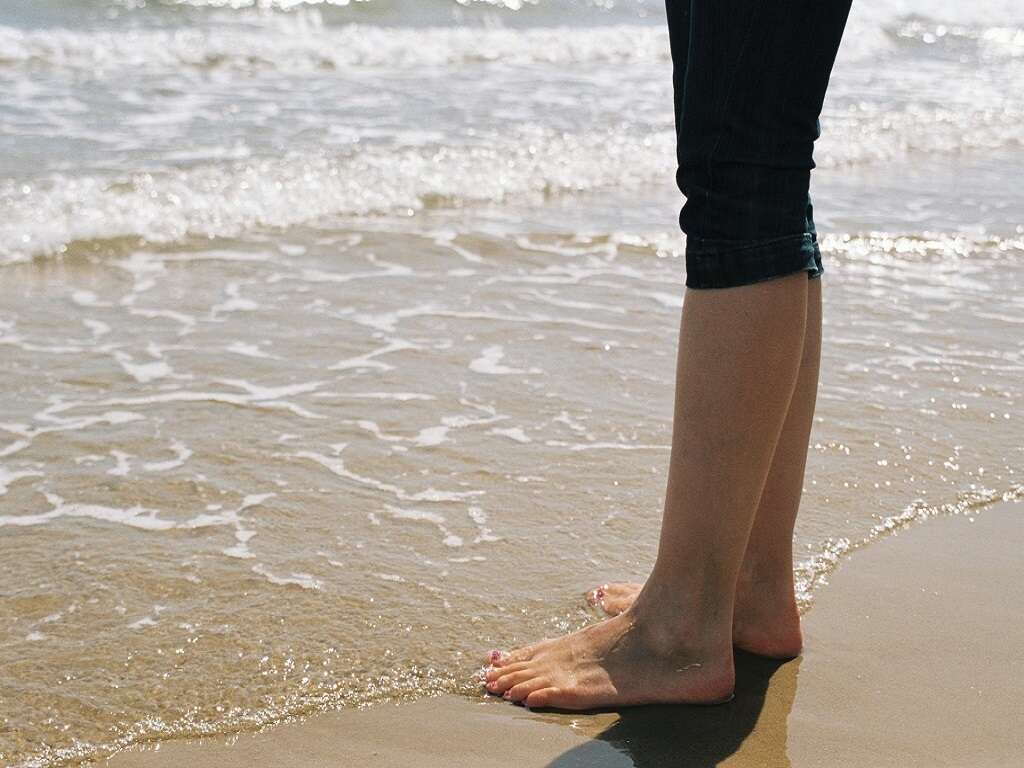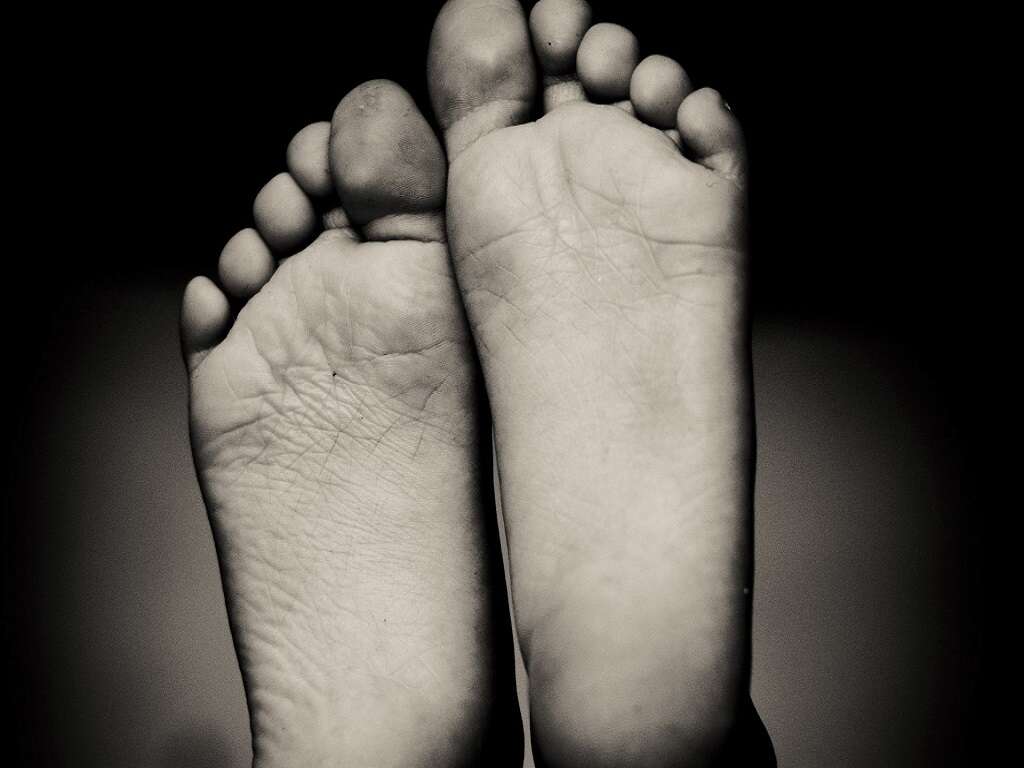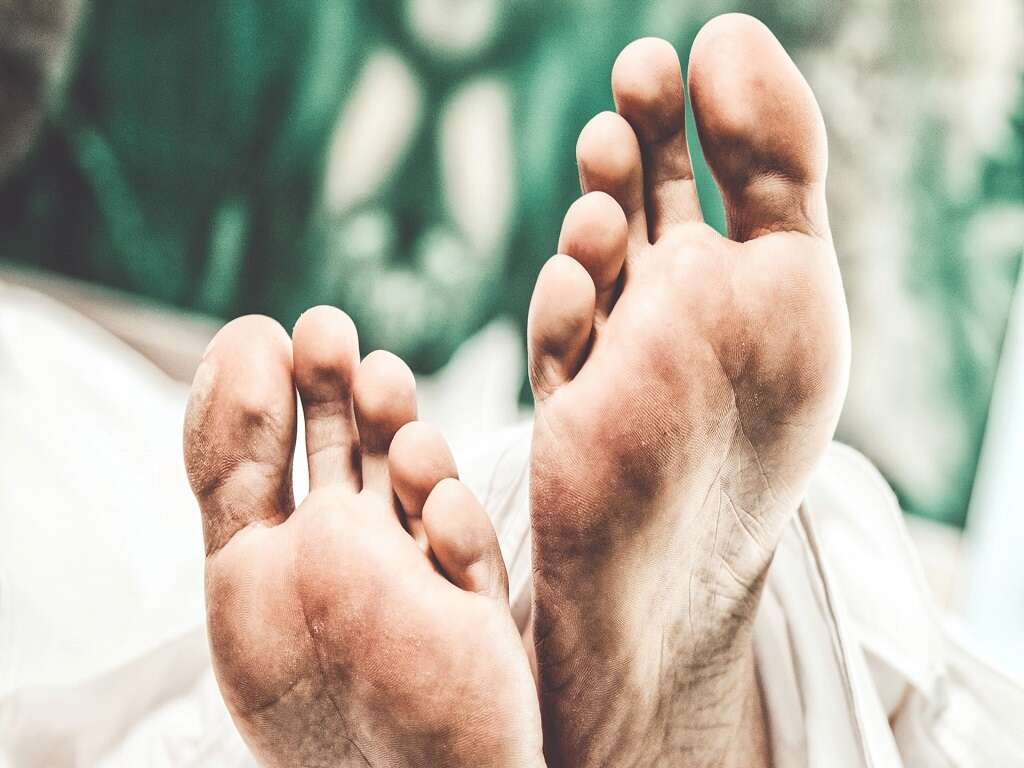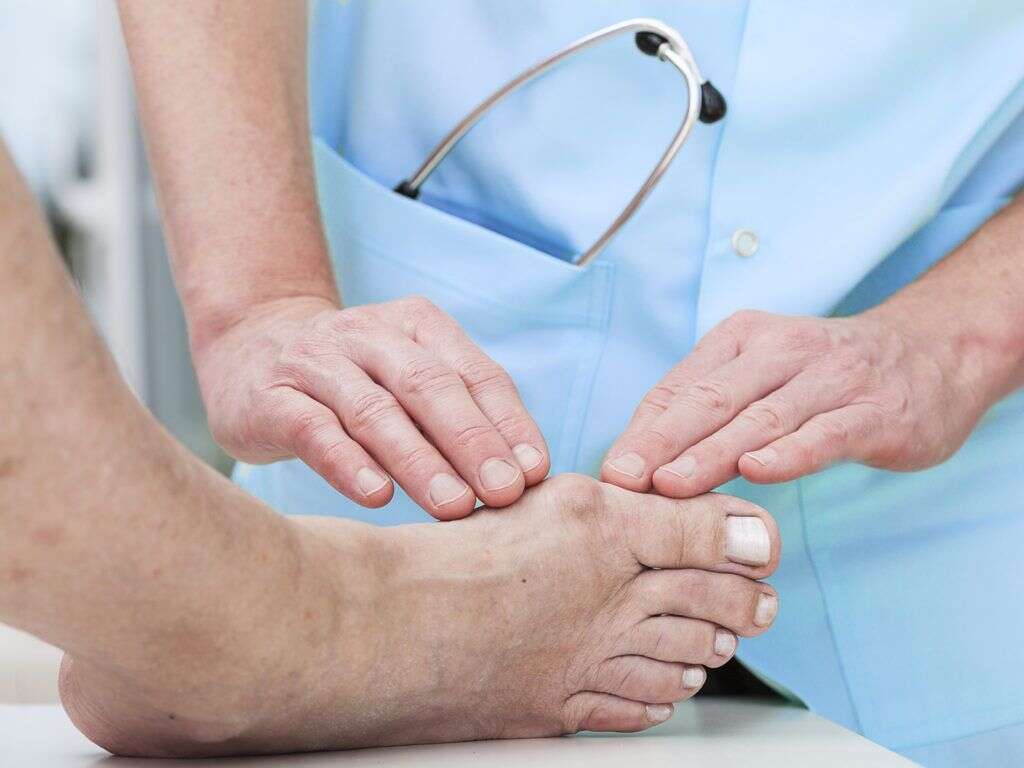10 Causes of Bunions
Bunions, which are known medically as hallux valgus, are a sign of a progressive bone disorder. Bunions can be observed as a bump at the base of your big toe where it connects to the rest of your foot. Bunions arise as a result of issues with the structural integrity of the bones in your feet and in your toes. The joint is affected is known as the metatarsophalangeal joint. When this joint (or any of the others in your feet) develop problems, your feet fall out of alignment.
Generally when one experiences bunions, their big toe leans towards the second toe. In a person with healthy feet, the big toe will point straight forward. The further the big toe leans towards the second toe, the more apparent the bunion will become.
Bunions can also occur in other toes. If the big toe is not affected, the second most likely toe is the pinkie toe. These are generally referred to as bunionettes or tailor’s bunions. Bunions can affect both youth and adults. They are often considered to be a result of inherent bone problems but there are things that can cause or contribute to bunions. We’ll be discussing things that can make you more likely to develop the problem.
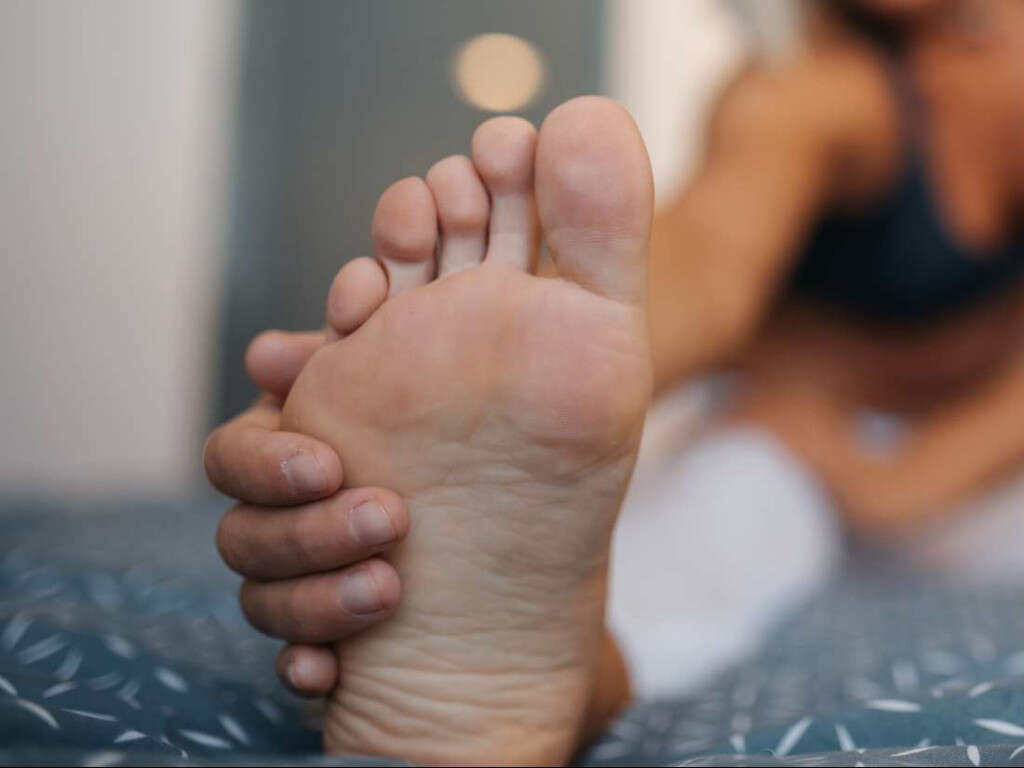
Cause #1: Tight Shoes
If you wear shoes that are too tight, there are a number of problems that can arise. Shoes should be snug and comfortable, but not so tight that they impede the natural formation of your toes. If you wear shoes that are very tight for a long period of time, you can develop structural problems in your feet. One of the problems that can arise is a misalignment of your toes, or bunions.
If this is the case, hopefully you can identify the problem before it becomes too serious. Make sure that you choose shoes that are not too tight. People who have been wearing tight shoes for many years, especially during their development, are much more likely to develop bunions.
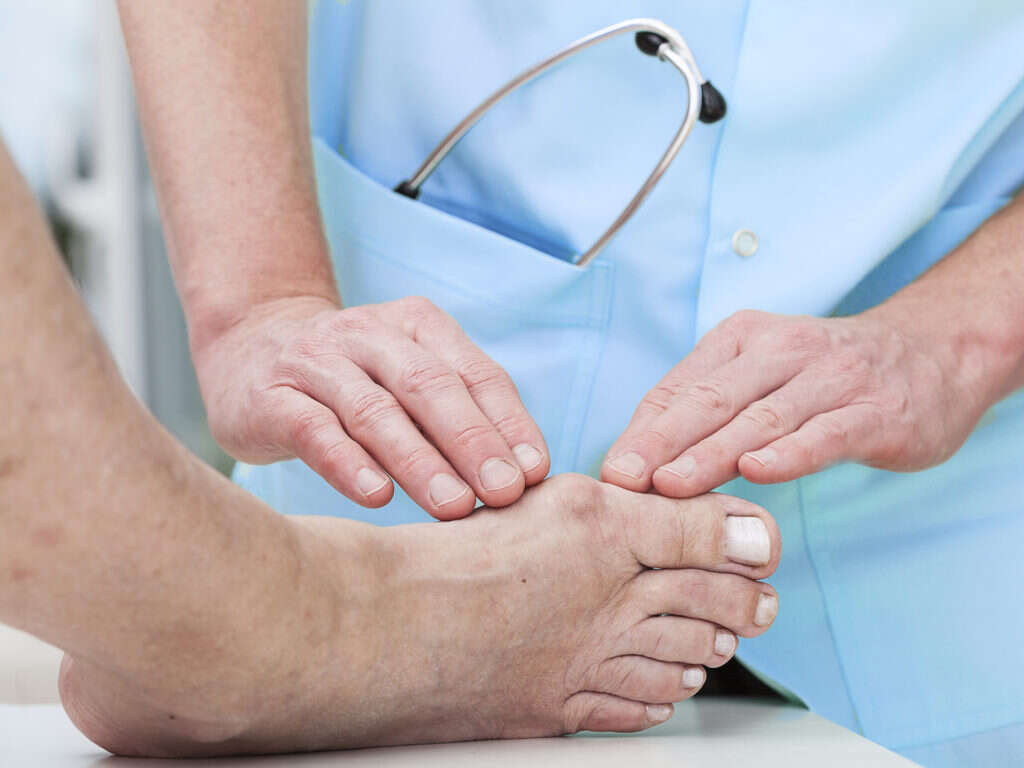
Cause #2: Overpronation
Bunions and calluses on the feet are often caused by chronic overpronation. The big toe can act as a cushion to prevent the foot from breaking inwards, which is known as overpronation. This is when the arches of the feet tend to roll inwards or downwards. A more common term to describe the problem is known as flat feet.
Pronation is a mechanism that prevents our feet from moving from side to side when you’re moving about. Overpronation, on the other hand, is an excess of this, and can lead to problems like bunions.
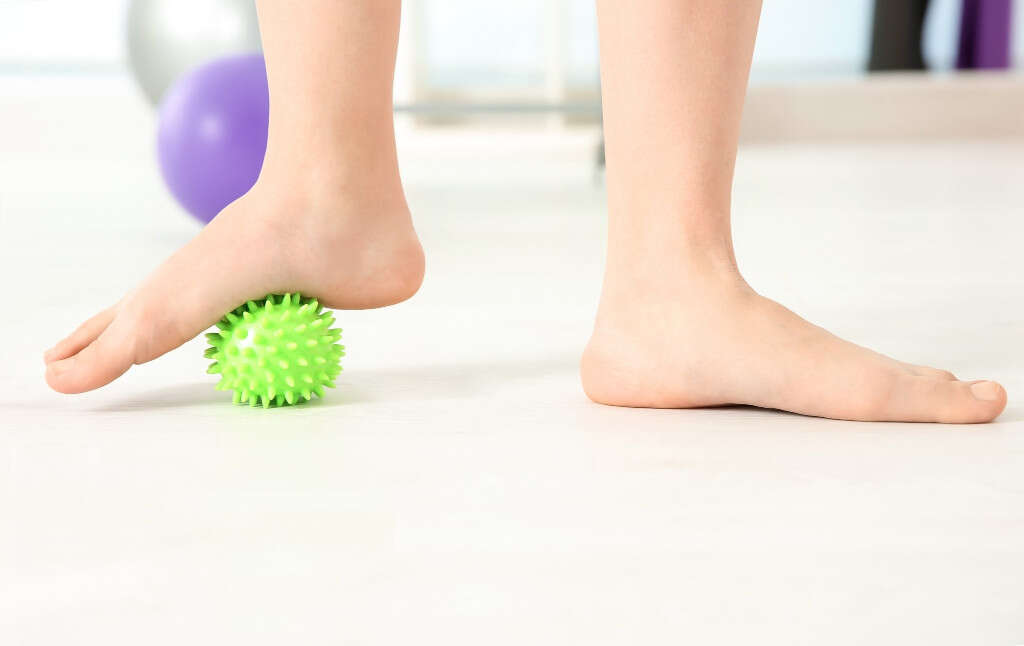
Cause #3: Low Arched Feet
The feet are naturally arched. This allows them a greater range of mobility and makes it easier to walk around. Some people, however, have lower arches than others. This is known as having flat feet, which isn’t inherently bad.
However, if your feet have low arches, you become more at risk of developing foot problems. People with low arches are more likely to develop plantar fasciitis, experience heel pain, and develop problems like bunions. One of the best ways to combat this problem is to get orthotics. These can help to support your feet and offset the danger of these issues.

Cause #4: Uneven Weight Bearing
It’s a good thing to have your weight distributed evenly among your feet. People who frequently carry a lot of weight on one side of their body may experience symptoms of uneven weight bearing. This can contribute to problems like bunions.
It’s also possible to have weight unevenly distributed among your feet. This can make it difficult for the bones in your feet to function properly. Doing this over a long period of time can change the structure of these bones and contribute to problems like bunions.
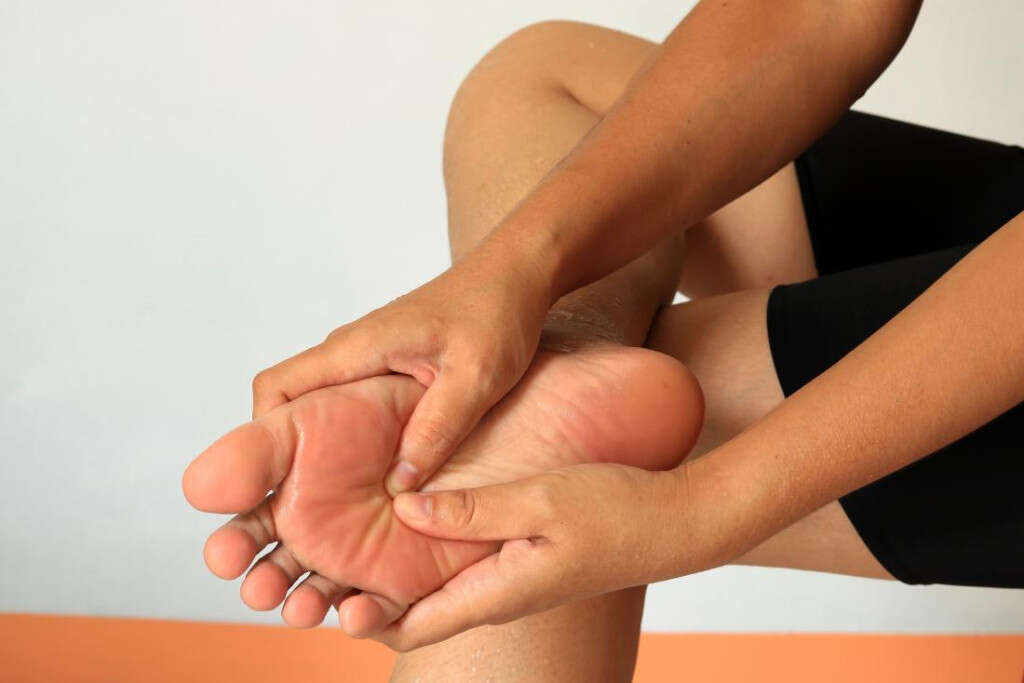
Cause #5: Hypermobility
Hypermobility, in regard to the feet, is a condition in which the bones move a lot more than they normally do.
If your big toe bone moves a lot more than it should, you develop the risk of bunions. The joints in your feet are meant to move, but if you move them too much then they can fall out of alignment. This isn’t to say that you shouldn’t move these joints at all – just be cautious that you’re not moving them excessively.
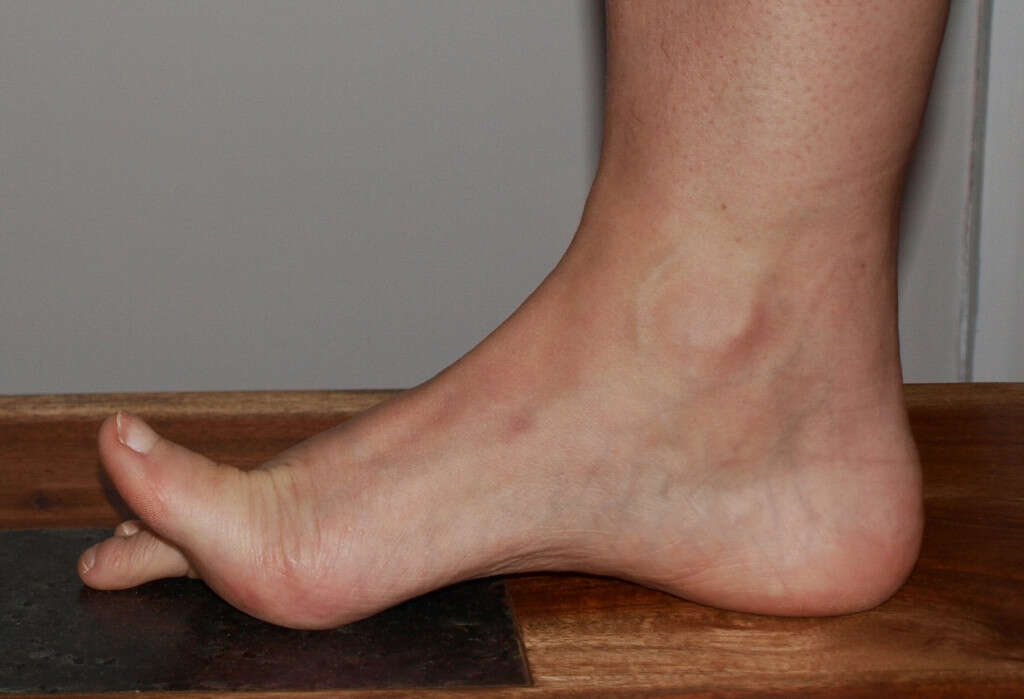
Cause #6: Foot Injuries
There are many injuries that can affect the feet, and some of them can contribute to bunions. Something as simple as stubbing your toe very hard can throw off the alignment of your joints and bones.
Many other things can contribute to bunions, such as broken toes or stress fractures.
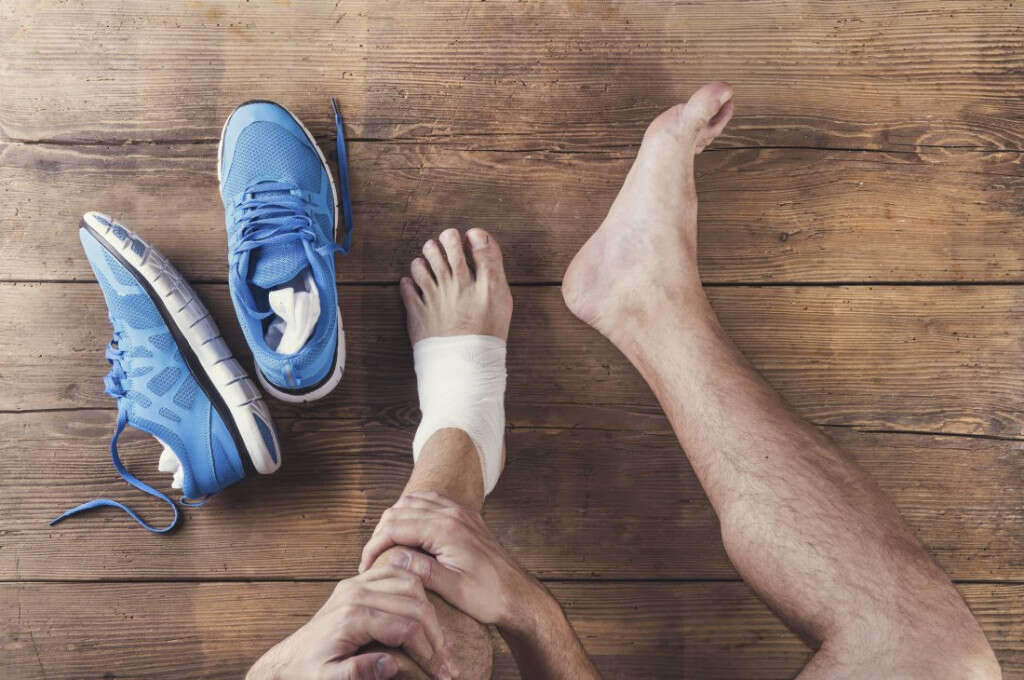
Cause #7: Arthritis
Arthritis is a condition that affects the range of motion in your joints and bones. Arthritis is most commonly associated with the wrists, hands, and knees, but it can affect the feet as well.
Older people are more likely to experience arthritis, as the cartilage that cushions the bones at the joint wears away. As the bones begin to rub together, a person may experience discomfort or pain. People with serious arthritis may actually experience deformities and problems like bunions.
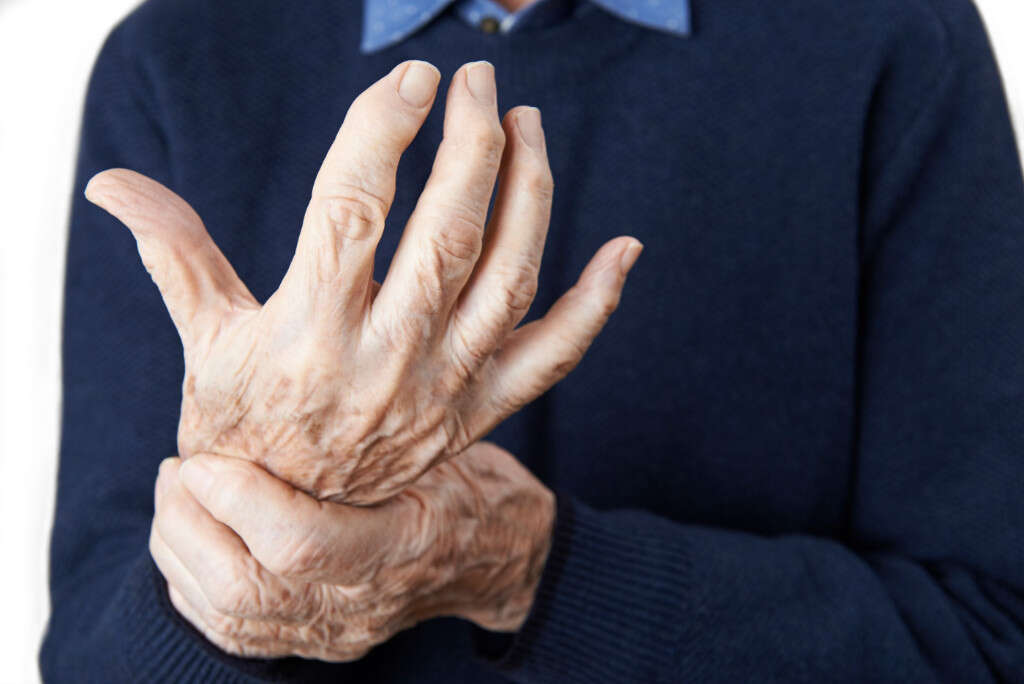
Cause #8: Polio
Polio is a very serious problem that can cause a number of complications. If it is left untreated, polio can become fatal. Polio is caused by the poliovirus that can be spread from person to person. The infected person may experience problems as the virus spreads from the brain and spinal cord to other areas of the body.
One of the main problems associated with polio is paralysis. If this occurs in the feet, you may experience difficulty with mobility. This can contribute to problems such as bunions, since you will have a hard time getting your feet to move in a healthy, fluid manner.
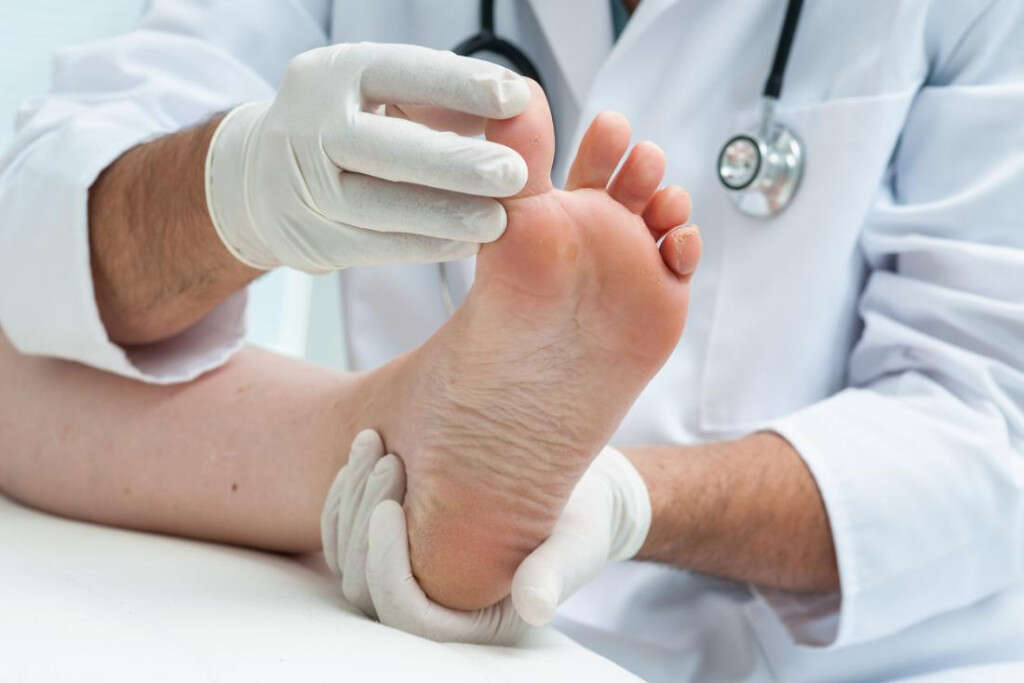
Cause #9: High-Heeled Shoes
We have already mentioned that tight shoes can contribute to bunions, but high-heeled shoes can be just as dangerous. High-heeled shoes force your toes down towards the ground while elevating your heels.
This causes your toes to be jammed together. Wearing high heels once in a while can be fine, but doing it frequently over a long period of time can cause permanent changes to the structure of your feet. This can lead to bunions.
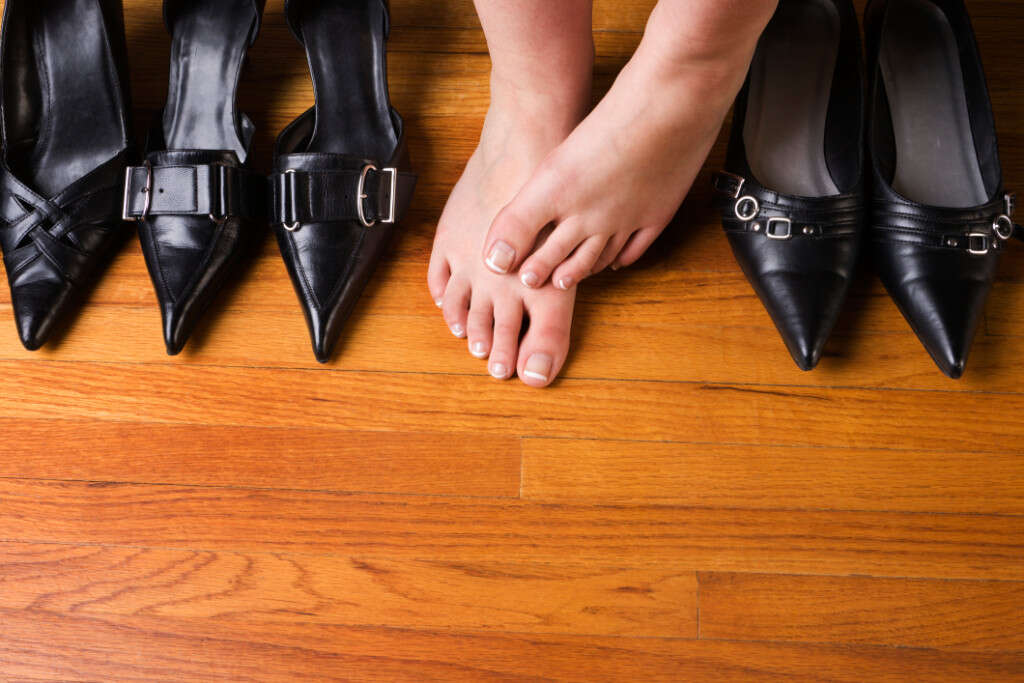
Cause #10: Excessive Standing
Our feet are meant to support our weight, but our body has its limitations. It’s not a good idea to stand for too long every day.
People who work standing jobs, such as people who work in kitchens, may want to take extra care of their feet. If you put too much weight on your feet for extended periods, you run the risk of compressing or changing the structure of the bones of your feet. This can contribute to problems like bunions.







